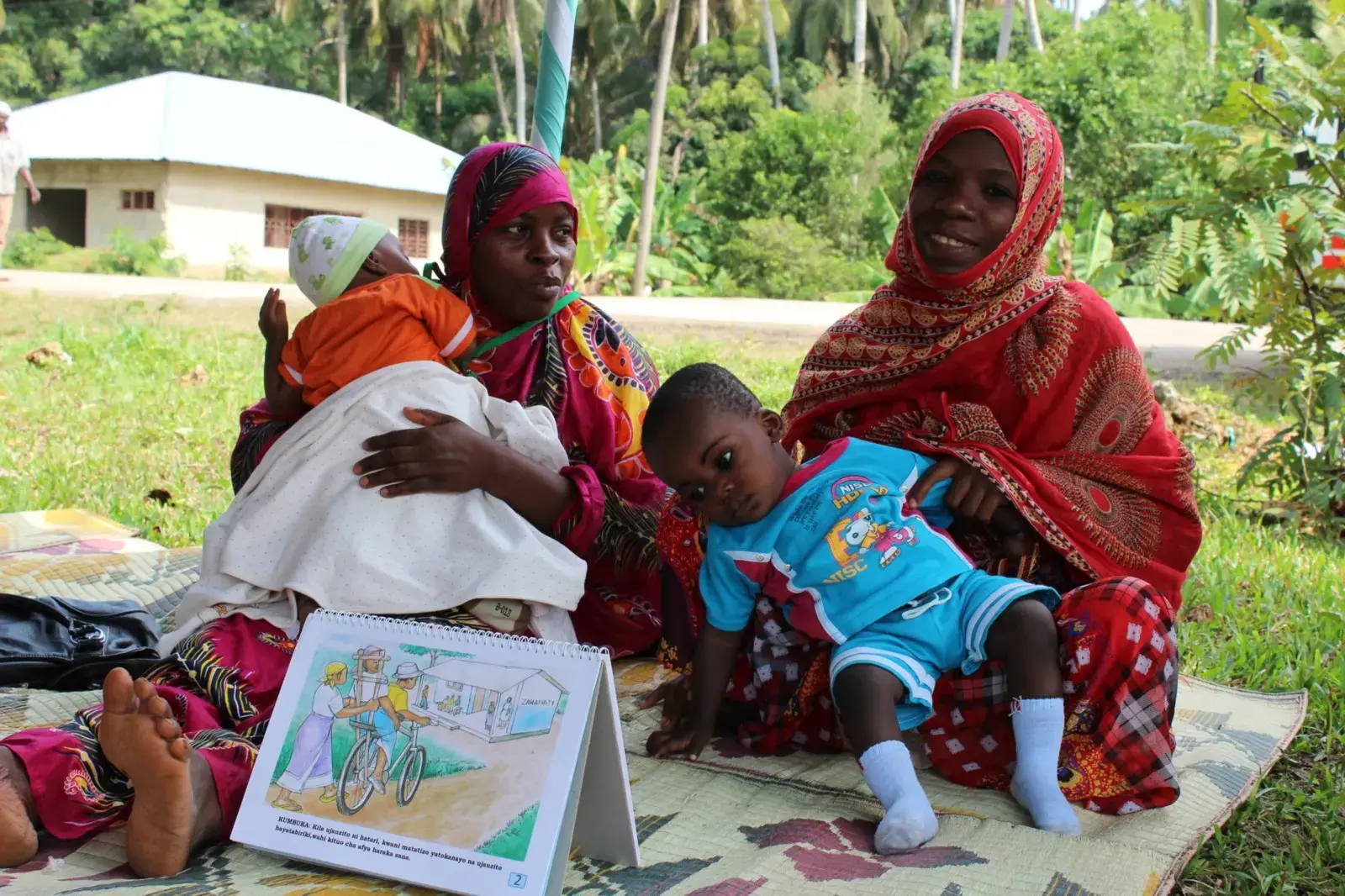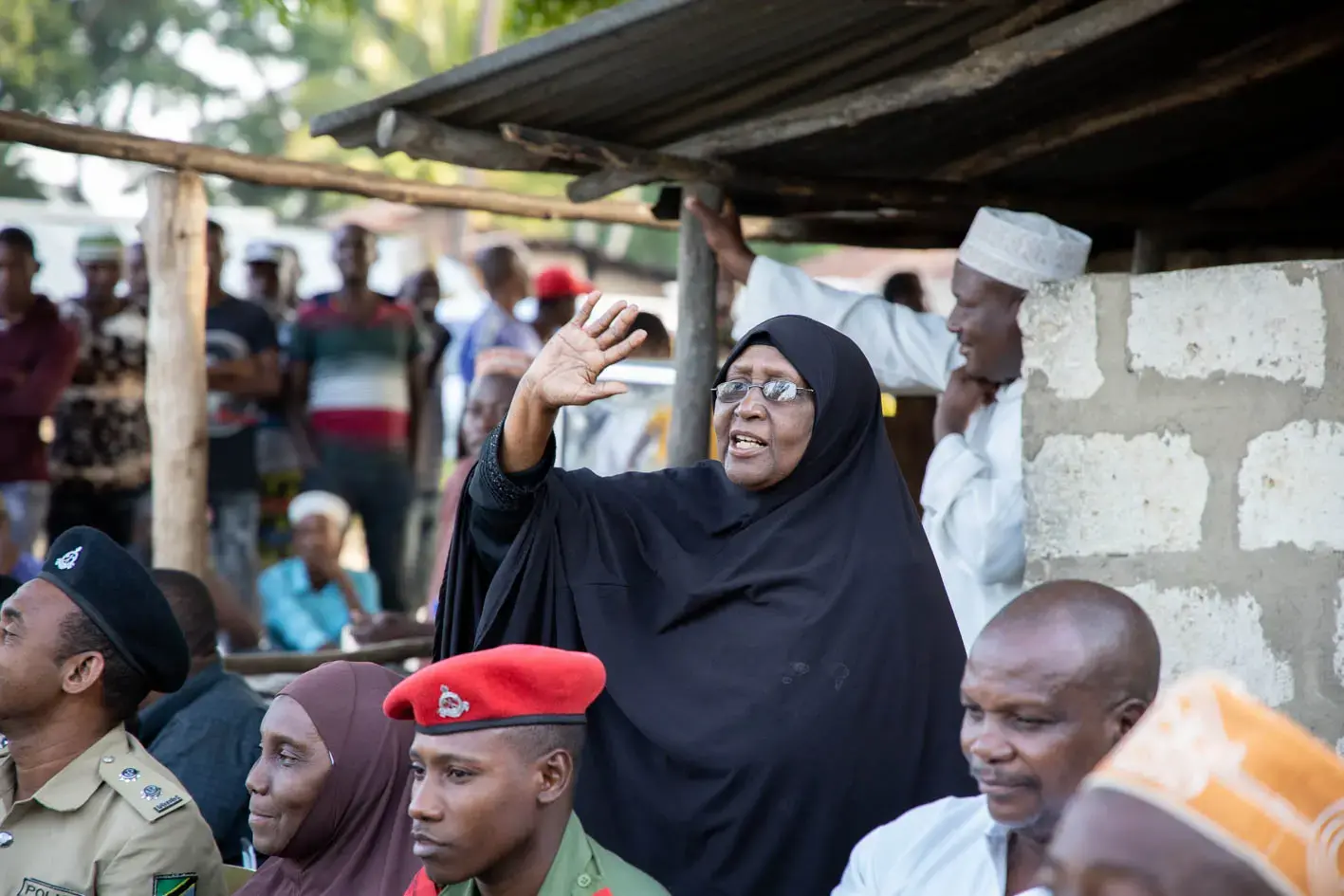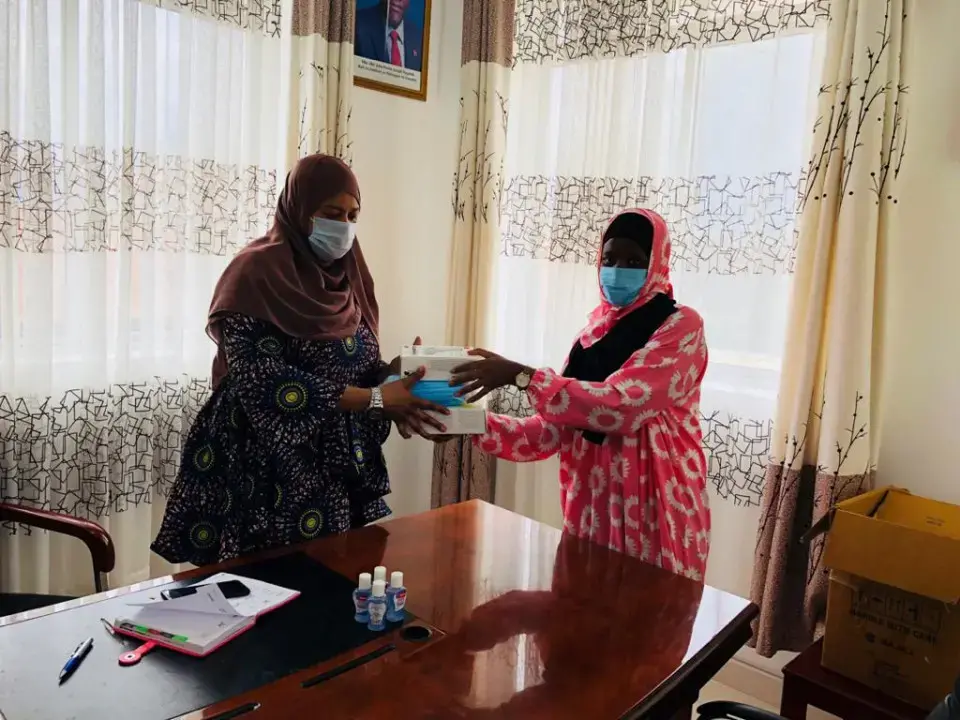Violence against women and girls is one of the most prevalent human rights violations in the world. It knows no social, economic or national boundaries. Worldwide, an estimated one in three women will experience physical or sexual abuse in her lifetime.
Gender-based violence (GBV) undermines the health, dignity, security and autonomy of its victims, yet it remains shrouded in a culture of silence. Victims of violence can suffer sexual and reproductive health consequences, including forced and unwanted pregnancies, unsafe abortions, traumatic fistula, sexually transmitted infections and HIV, and even death.
UNFPA is one of the UN's lead agencies working to further gender equality and women’s empowerment, and to address the physical and emotional consequences of GBV. UNFPA’s programmes offer psychosocial assistance, medical treatment and rape kits to survivors, and promote the right of all women and girls to live free of violence and abuse.
We prioritize advancing gender equality and women’s empowerment in Tanzania. Our support to the National Plans of Action to End Violence Against Women and Children (NPA-VAWC) is at the core of our current programme to tackle GBV at the policy and implementation level.
We work with government, UN Agencies, and international and local organizations to provide medical care and social support for the survivors of GBV as well as to increase accountability and to prevent GBV more broadly. This includes:
• Advocating for the implementation of policy and legal reforms and supporting the development of guidelines and standard operating procedures.
• Strengthening the capacity of national mechanisms to contribute to the prevention of GBV, facilitate recovery and ensure access to justice for survivors.
• Enhancing the capacity of duty bearers (police, judiciary, healthcare providers) to provide accessible, effective and quality GBV prevention and response services.
• Supporting public education campaigns on GBV.
Responding to violence against women in development and humanitarian settings is a strategic priority for UNFPA Tanzania. As part of our integrated approach to strengthen universal access to sexual and reproductive health services, we support the health sector to increase its capacity to provide effective and equitable GBV services, with a focus on women, adolescents and young people, and local communities and refugee populations in Kigoma Region.
In collaboration with government and partners we continue to support the establishment of One Stop Centres (OCSs) across Mainland Tanzania and Zanzibar. The OSCs are places where women and girls can access emergency assistance and referrals to life-saving health services, psychosocial support and counselling as well as legal assistance. We also build the capacity of healthcare providers to increase their competence to deliver rights-based services, including the management of rape. In collaboration with UN partners, we support the development of guidelines to improve survivors’ access to these services as well as to ensure their quality.
We provide technical and financial support for the scaling up of functional multisector GBV national referral/response networks including a national Child Helpline and Police Gender and Children’s Desks, and provide training for law enforcement agents and the judiciary to develop timely GBV specific services.
We coordinate inter-agency efforts to ensure a robust and multisector response to ending female genital mutilation (FGM). Our approach includes strengthening FGM prevention and response services at the national and district level through the capacity building of police, judiciary, teachers, and traditional elders. We also support psychosocial counselling for girls at risk of FGM and their families, as well as for FGM firstline responders, including the police.
We harness the power of new technologies to improve our response to GBV, including harmful practices. Open-source map, an online editable map, has been populated with local landmarks and remote villages in Serengeti District to enable child protection professionals on-the-ground to provide targeted FGM services and community outreach.
To ensure that GBV remains visible we work with the media to amplify discussions on GBV, including FGM, and support training to ensure that reporting on GBV is ethical.





